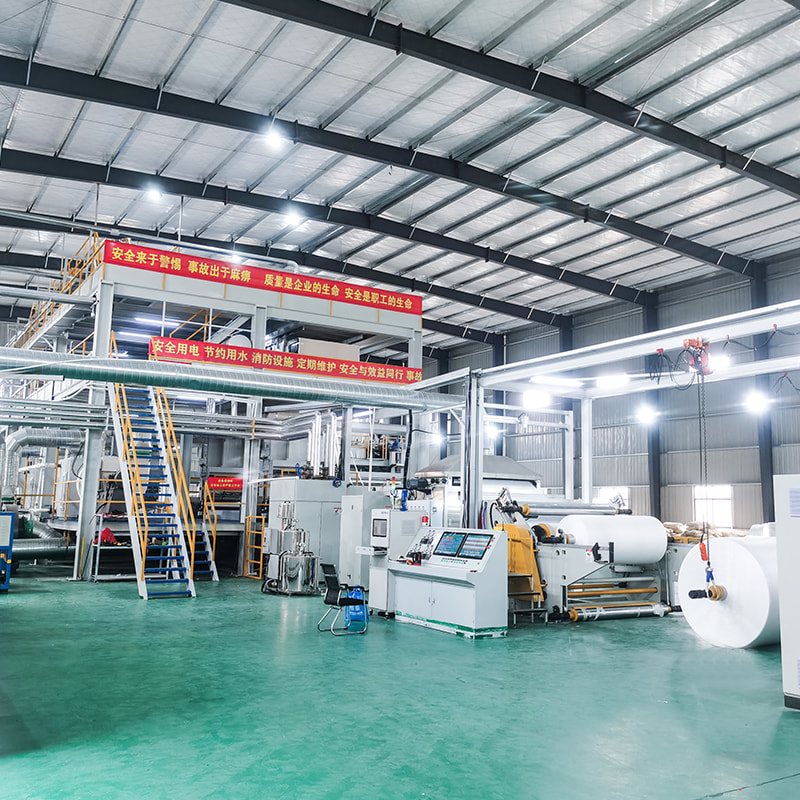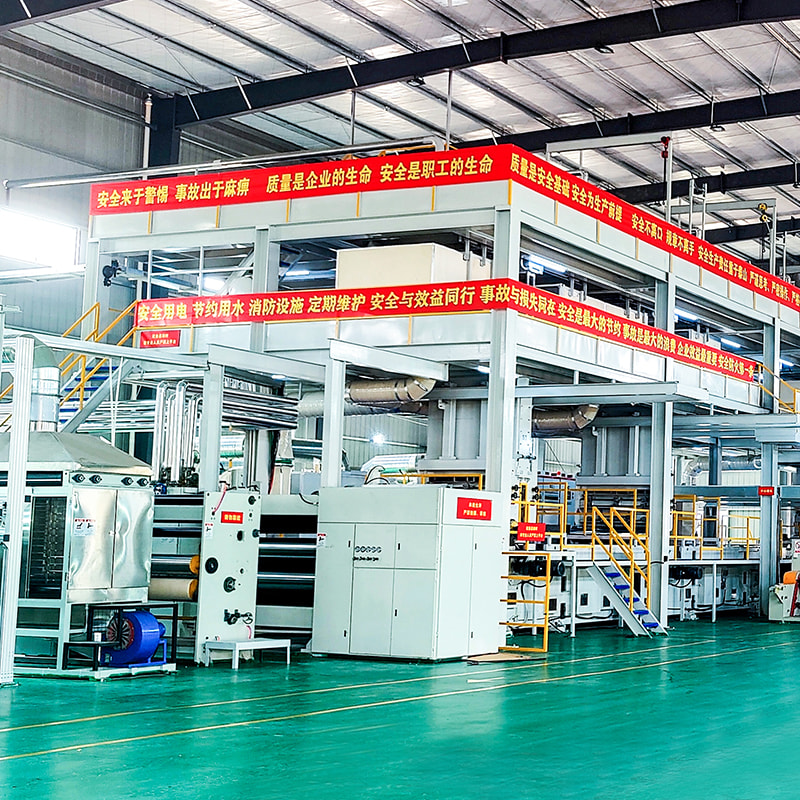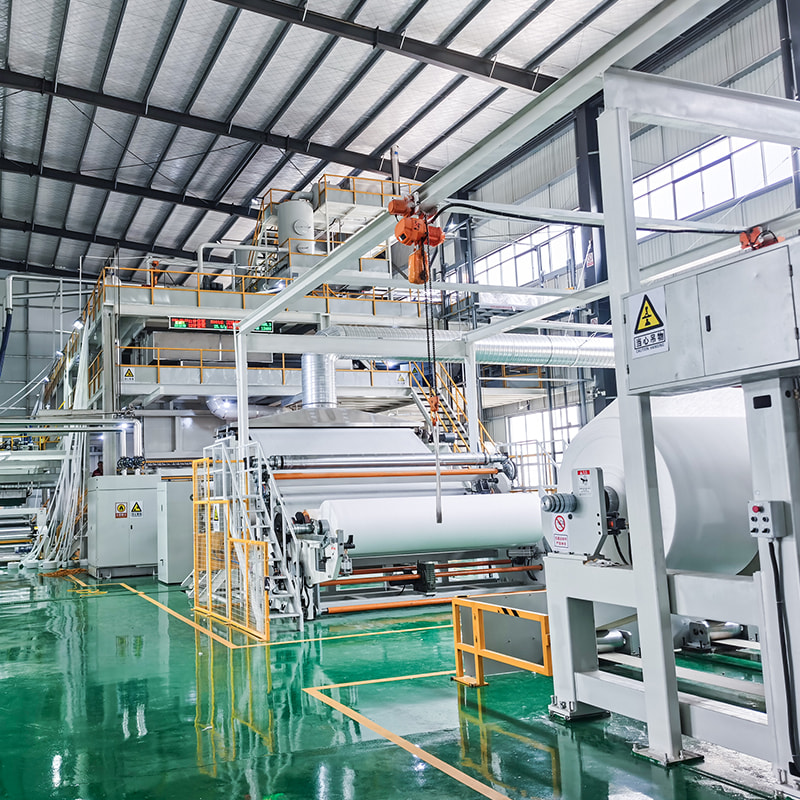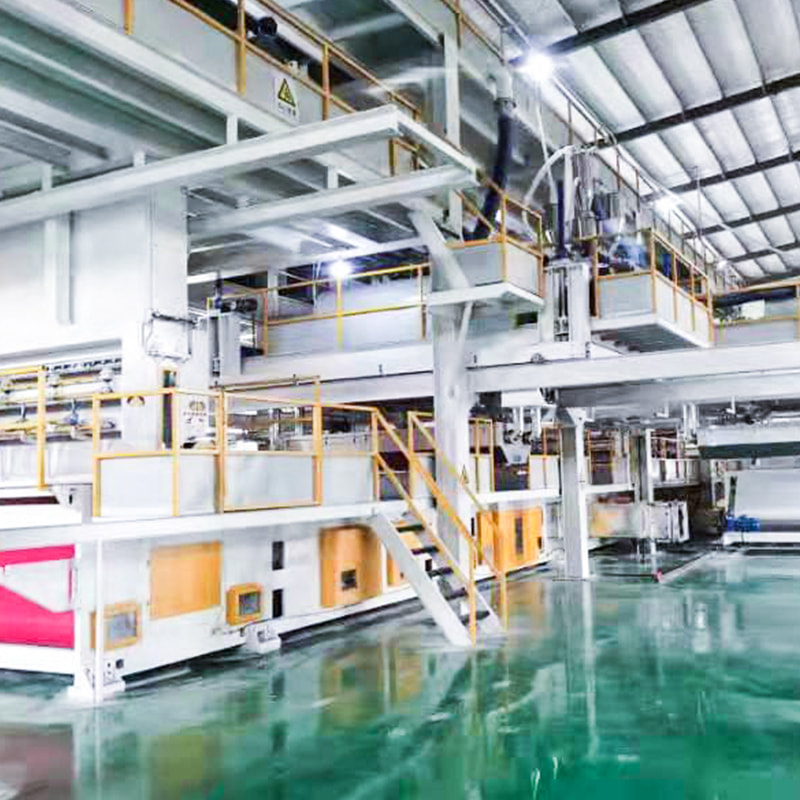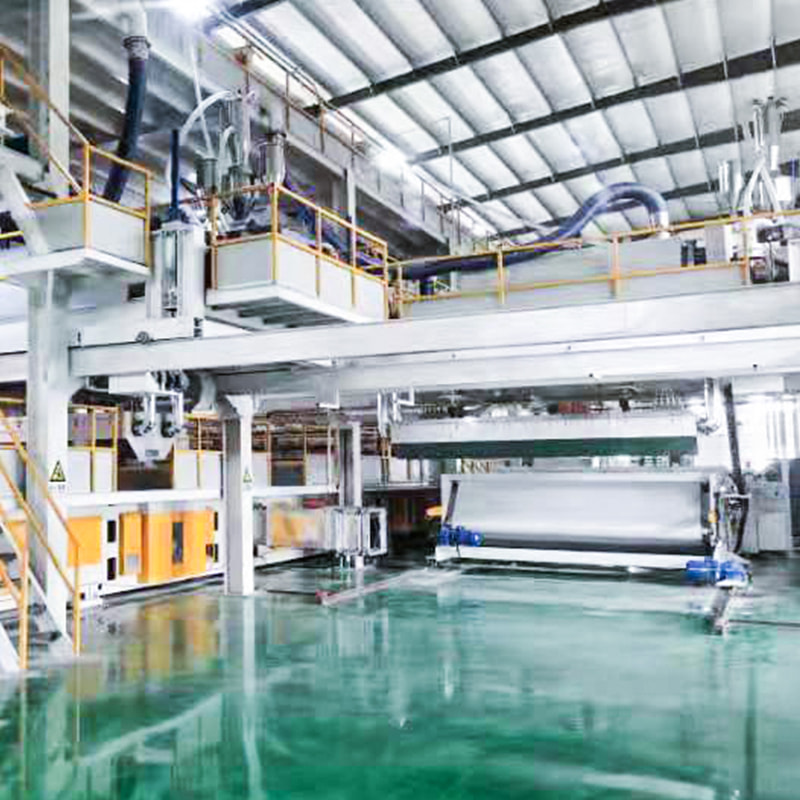Nonwoven fabrics have become an essential part of the medical and hygiene industries, providing solutions for a wide range of applications, from face masks to diapers. The Nonwoven SS machine, especially the Double Beam Spunbond model, plays a pivotal role in manufacturing these fabrics, offering precision and efficiency in the production process. With rising demand for medical-grade products, understanding how nonwoven fabrics are produced and how SS machines contribute to this process is crucial for businesses looking to maintain high-quality standards.
The versatility of Nonwoven SS machines enables manufacturers to produce fabrics that meet the stringent requirements of the medical and hygiene sectors. The machine’s ability to create nonwoven materials with varying fabric weights (from 9 to 100 GSM) ensures that it can cater to different product specifications. For instance, lightweight fabrics are commonly used in medical face masks, while heavier materials are needed for absorbent layers in hygiene products like diapers and sanitary napkins. By adjusting the machine’s settings, manufacturers can fine-tune fabric characteristics to ensure they meet the necessary performance standards for medical applications.
One of the primary reasons nonwoven fabrics are favored in the medical and hygiene industries is their ability to offer both durability and breathability. The Nonwoven SS machine produces fabrics that are not only strong but also provide superior comfort, which is essential for products like face masks and surgical gowns. The advanced spinning technology used in the SS machines ensures that the fabric has a uniform structure and consistent strength, making it ideal for critical medical applications where reliability is non-negotiable. Moreover, the fabric’s breathability reduces the risk of irritation or discomfort, especially when used in direct contact with the skin for extended periods.
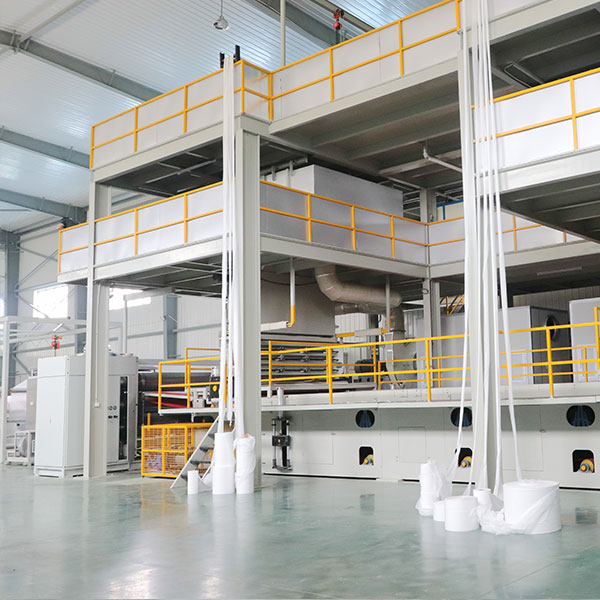
In addition to performance, safety is a top priority for medical and hygiene products. Nonwoven fabrics produced by Nonwoven SS machines can be treated with additives such as fire retardants and antimicrobial agents to further enhance their safety and functionality. These treatments make the fabrics suitable for a wide range of applications, including medical face masks, wound dressings, and disposable gowns. For example, fire-retardant nonwoven fabrics are critical for surgical gowns, where safety is of utmost importance. The flexibility of SS machines to accommodate such treatments ensures that manufacturers can produce fabrics that meet evolving safety standards.
The increasing demand for sustainable and eco-friendly products in the medical and hygiene industries also presents a challenge for manufacturers. With concerns over plastic waste and environmental impact, there is growing interest in using recyclable and biodegradable materials in nonwoven fabric production. The Nonwoven SS machine can support this trend by enabling the production of nonwoven fabrics made from more sustainable raw materials, such as biodegradable polypropylene blends or recycled fibers. This allows manufacturers to meet the demand for eco-friendly products while still delivering high-performance fabrics for critical applications.
As the global healthcare and hygiene sectors continue to grow, the demand for reliable and efficient nonwoven fabric production will only increase. The ability of the Nonwoven SS machine to deliver high-quality, cost-effective, and versatile fabrics positions it as an essential tool for manufacturers seeking to meet the needs of this expanding market. By investing in advanced SS machines, businesses can improve their production processes, reduce waste, and ensure that they remain competitive in an increasingly demanding industry.
In conclusion, the Nonwoven SS machine is a cornerstone of the medical and hygiene fabric production process, offering the precision and flexibility necessary to produce high-quality nonwoven materials. From face masks to diapers, the versatility of nonwoven fabrics and the efficiency of SS machines help manufacturers meet the ever-growing demands of the healthcare and hygiene industries. As the market for these products continues to evolve, manufacturers who leverage advanced SS machines will be well-positioned to stay ahead of the curve and provide customers with the reliable, safe, and high-performance products they require.

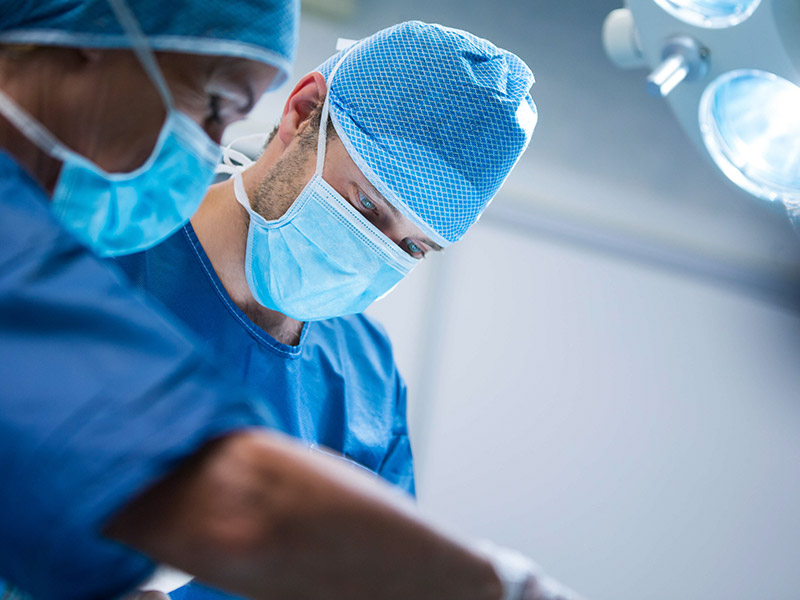
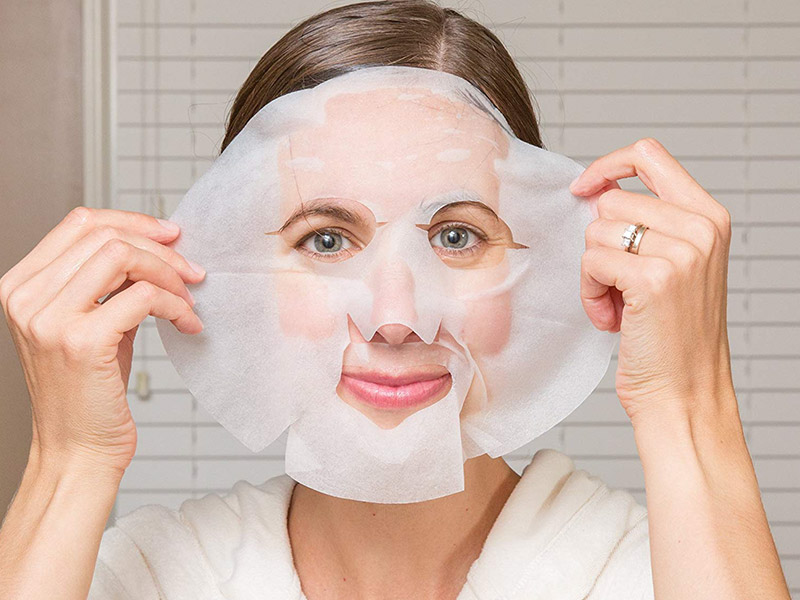

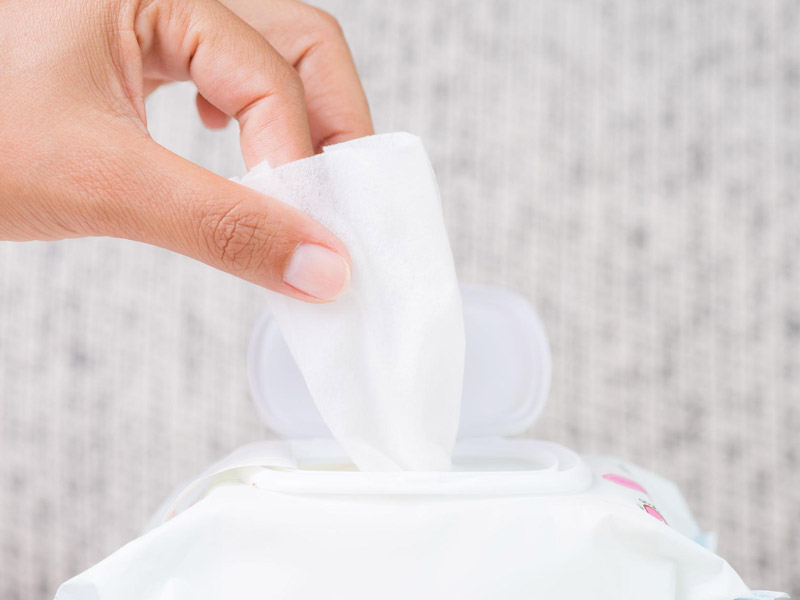
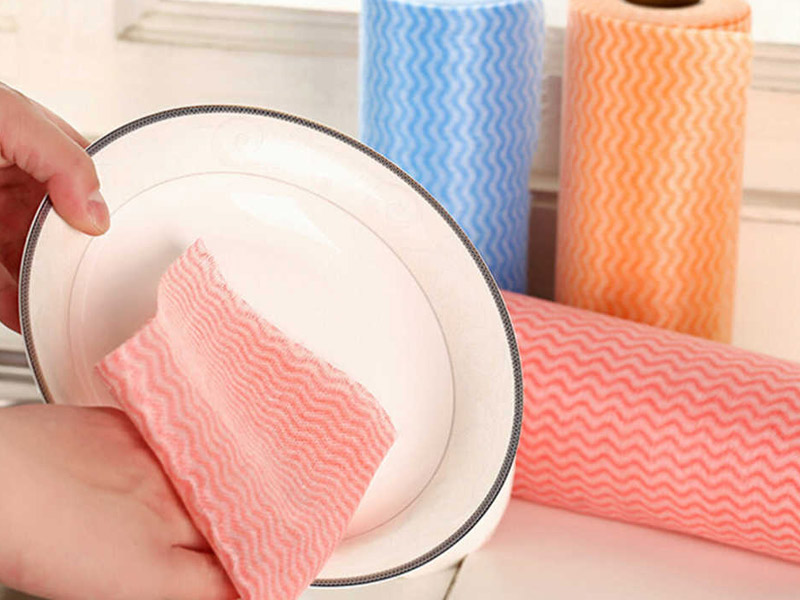
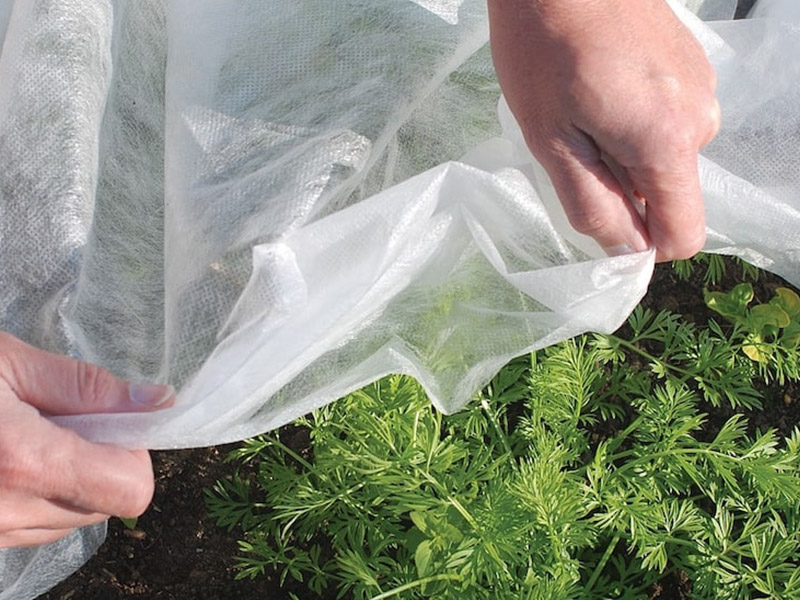
 English
English 中文简体
中文简体 русский
русский عربى
عربى